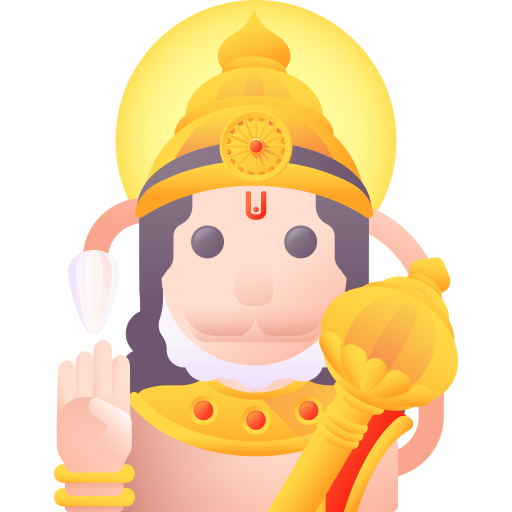
















Ramnavami fasting for pregnancy
Ramnavami, also known as Rama Navami, is a Hindu festival that celebrates the birth of Lord Rama, who is revered as the seventh avatar of the god Vishnu. This auspicious day is observed by devotees across the world through various rituals, prayers, and fasting practices. Traditionally, fasting during Ramnavami is believed to bring spiritual purity, mental strength, and physical well-being. In the context of pregnancy, fasting during Ramnavami can be a topic of interest and concern for expectant mothers. In this blog post, we will explore the concept of Ramnavami fasting for pregnancy, its significance, potential benefits, and considerations for pregnant women.
Key Takeaways
Here are the key takeaways:
Ramnavami Fasting for Pregnancy
Pregnancy is a special time in a woman's life that requires extra care and attention to ensure the health and well-being of both the mother and the unborn child. Fasting during pregnancy, including during religious festivals like Ramnavami, can be a decision that needs to be made carefully. 1.
Significance of Ramnavami Fasting
Fasting during religious festivals like Ramnavami holds immense spiritual significance for devotees. It is believed to purify the mind, body, and soul, and strengthen one's devotion to the deity being worshipped. In the context of pregnancy, fasting during Ramnavami may be seen as a form of sacrifice and offering to seek blessings for a healthy pregnancy and safe delivery. 2. Benefits and Considerations for Pregnant Women: While fasting during Ramnavami may have spiritual benefits, pregnant women need to be mindful of their nutritional needs and the impact fasting can have on their health and the development of the baby. It is crucial for pregnant women to ensure they are getting an adequate intake of nutrients, vitamins, and minerals to support the growth and development of the fetus. 3.
Guidelines for Fasting During Pregnancy
If a pregnant woman chooses to fast during Ramnavami or any other religious observance, she should consider the following guidelines: -
Consult with a healthcare provider
Before embarking on a fast during pregnancy, it is important to seek advice from a healthcare provider or a qualified medical professional to ensure it is safe for both the mother and the baby. -
Stay hydrated
Pregnant women should ensure they are drinking enough water throughout the day to stay hydrated. - Eat nutrient-rich foods: During non-fasting hours, focus on consuming a balanced diet that includes essential nutrients like protein, iron, calcium, and folic acid. -
Listen to your body
Pregnant women should pay attention to their body's cues and not hesitate to break the fast if they feel unwell or experience any discomfort.
Deep Insights (FAQ)
Q.Is it safe to fast during pregnancy?
Fasting during pregnancy can vary in safety depending on individual health conditions. It is recommended to consult with a healthcare provider before deciding to fast during pregnancy.
Q.Can fasting during Ramnavami affect the baby's development?
Fasting during pregnancy can potentially impact the baby's development if the mother's nutritional needs are not being met. It is important to ensure that adequate nutrients are consumed during non-fasting hours.
Q.What are the risks of fasting during pregnancy?
Risks of fasting during pregnancy include dehydration, low blood sugar levels, and inadequate intake of essential nutrients that are crucial for the mother and the baby's health.
Q.Are there any alternative ways to observe Ramnavami without fasting during pregnancy?
Yes, there are alternative ways to observe Ramnavami without fasting during pregnancy. This can include participating in prayers, reading sacred texts, listening to spiritual discourses, and performing acts of charity.
Q.How can I ensure a healthy pregnancy while observing religious fasts?
To ensure a healthy pregnancy while observing religious fasts, consult with a healthcare provider, maintain good hydration, eat a balanced diet during non-fasting hours, and prioritize your health and well-being.
"In conclusion, fasting during Ramnavami or any religious observance during pregnancy requires careful consideration and planning to ensure the health and well-being of both the mother and the baby. While fasting may hold spiritual significance, pregnant women should prioritize their nutritional needs and consult with healthcare providers to make informed decisions about fasting during pregnancy. Ultimately, the health and safety of both the mother and the unborn child should be the top priority during this special phase of life."
